Recent scholarship has shed light on the secret collaboration between Wilder and her daughter Rose Wilder Lane on the “Little House” series. Rose encouraged her mother to write the books and worked closely with her on the crafting and initial editing of the stories. Though Rose denied any involvement with the books, a series of letters between the two collaborators reveals much about their give-and-take creative process.
Video Features
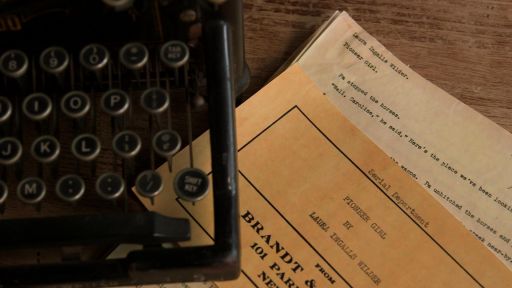
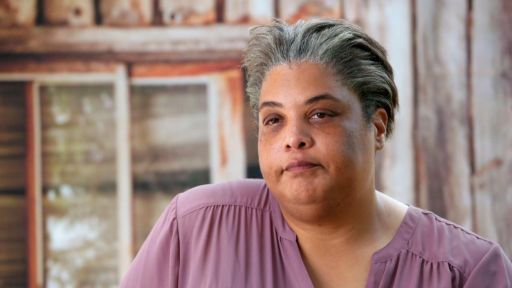
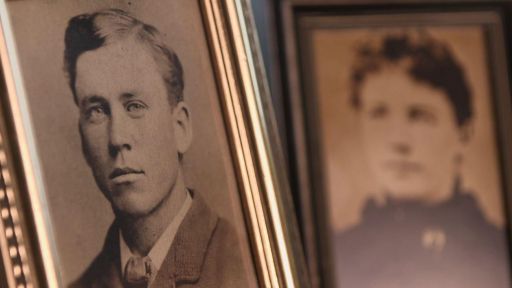

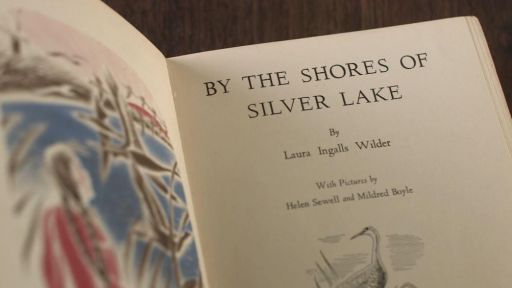
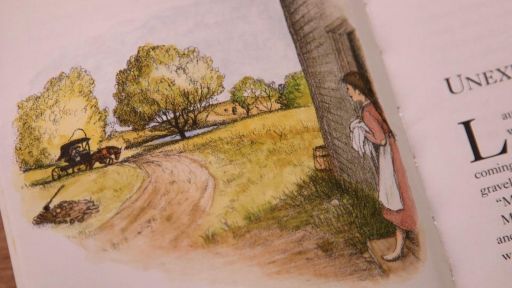

Written Features
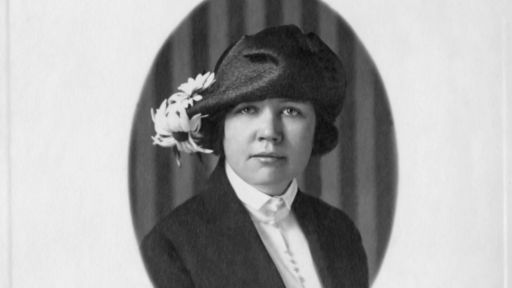

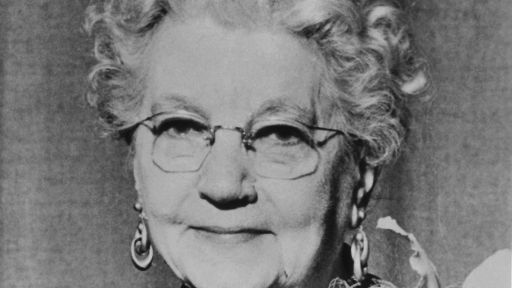
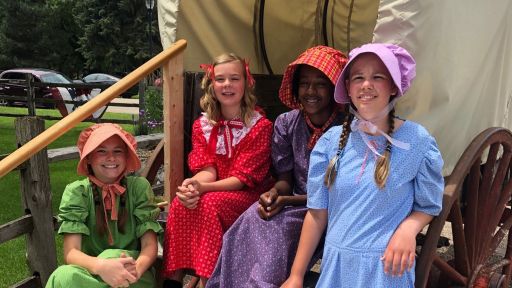
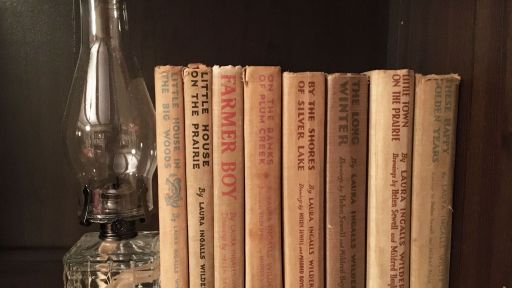

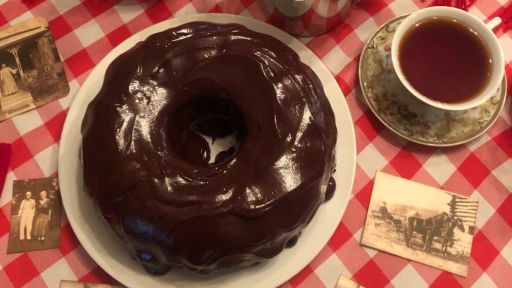

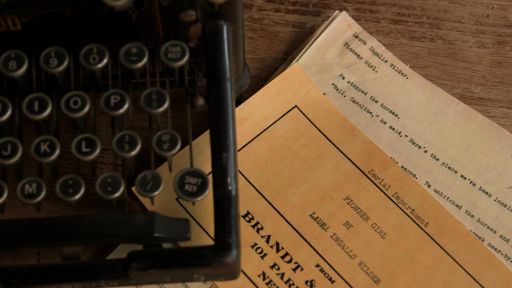
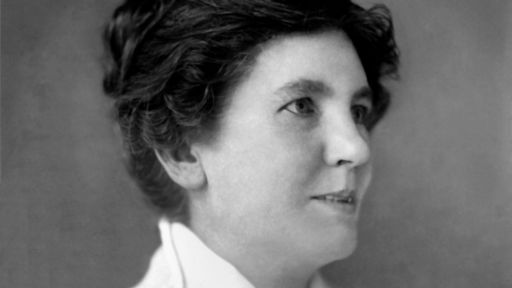

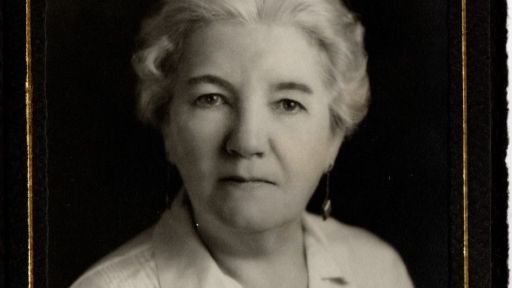

Quizzes & Games



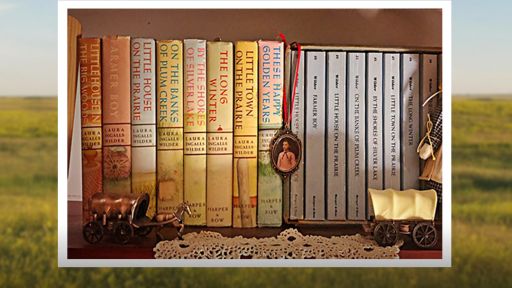
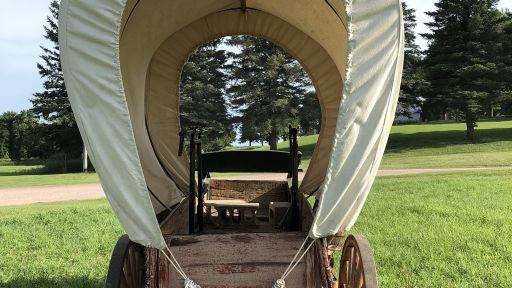
- It's not because they're political texts.
It's not because they have something to say about pulling yourself up by your bootstraps, although they do, but that's not why people read them.
- [Narrator] The letters between Rose and Laura during the writing of the fifth novel, 'By the Shores of Silver Lake,' reveal how mother and daughter worked together.
- Rose had the gift of structuring the novel.
She understood if you're narrating a novel, it must be through whatever narrative voice you choose.
Laura did not know anything about that, so she would say, there's a famous letter where she writes her about, you know, 'This is Laura's story. You must stay inside Laura.'
- 'Try always to make sight, scent, sensation immediate.
'So Laura took the lines in her hands' is better than 'So Laura drove the black ponies.'
Get it all directly as sight, emotion, thought, scent.
Don't say, 'It reminded Laura of other times,' say, 'This was like other times.'
Stay inside Laura.'
- [Narrator] There were many arguments over how 'By the Shores of Silver Lake' should start.
- 'Dear Mama Bess, I still think the place to begin is on the house on Plum Creek.
There are four years to skip if Laura is 12.
She was eight in Plum Creek when she started to school.
Therefore the more nearly you can tie the two books together, the better, and the house on Plum Creek will do that.
It seems to me that this book is about railroad and town building.
Let's get the theme of this one clear right away.'
- 'Rose dearest, to make the changes you want to make in 'Silver Lake,' it will have to be practically rewritten.
The theme of Silver Lake is homesteading.
I am sure this is all plain in the story.
I have given you a true picture of the time and the place and the people.
Please don't blur it.
But I know you won't.'
- 'Dear Mama Bess, you are one of the very few writers in the country who would turn down a collaboration with Rose Wilder Lane, but go ahead.
You certainly are handling the material much better all the time, and if you don't want this book touched, you are absolutely right not to have it touched.'
- [Narrator] And if Rose had prevailed, Mary would never have been blind.
- [Dark-Haired Woman] 'I'm still doubtful about Mary's being blind, why?
If she must be blind, her blindness should be brought in as the end of an illness.
I can handle this, if you agree to it.
Only write me a letter telling me all about what actually happened.'
- [Narrator] But Laura insisted.
- 'I can't take Mary along in the story as she should be if she were not blind.
She would not fit in.
A touch of tragedy makes the story truer to life, and showing the way we all took it illustrates the spirit of the times and the frontier.'
- [Narrator] Wilder's description of Mary's blindness is arguably one of the most affecting scenes in all of her books.
- [Voiceover Actor] 'Her blue eyes were still beautiful, but they did not know what was before them, and Mary herself could never look through them again to tell Laura what she was thinking without saying a word.'
- [Narrator] While they are working on 'Silver Lake,' Rose writes to her mother about their partnership and gives her very specific advice.
- 'As to similarity in our writing, of course, you often write lines and whole paragraphs that I feel are what I would have written, or anyway, wish I had.
What you haven't developed is structure, a kind of under-rhythm in the whole body of the writing and a pointing up here and there.
English is an impressionistic language, an onomatopoeic language.
It has the quality of a sunrise or a landscape, a meaning in feeling.
Essentially, it is poetry.'
